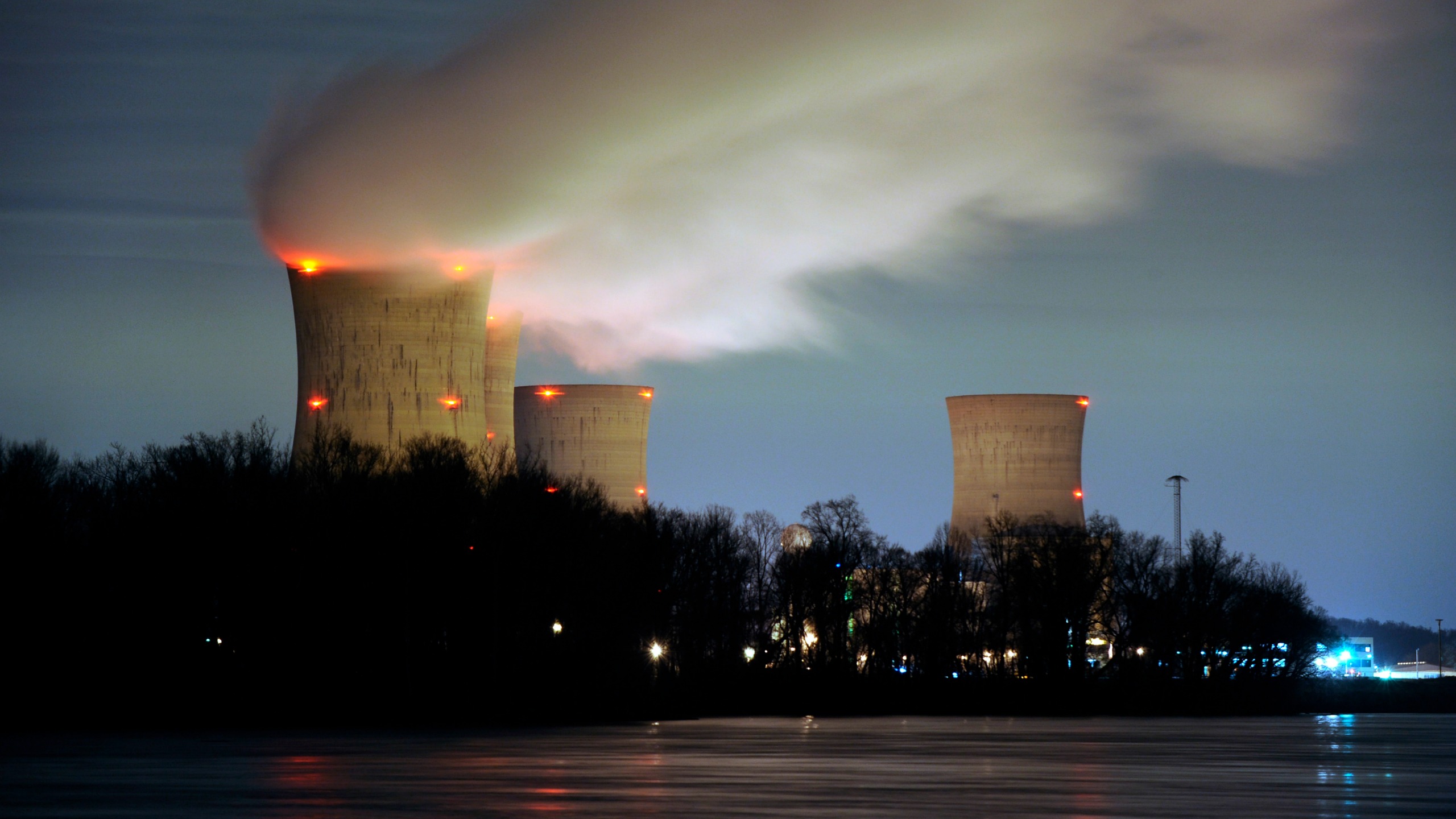Hello Stackers,, don’t blame me for this haha.. yeah Young generation is surprised that I am discussing something this difficult. I don’t think it matters because nuclear is a technology that can be very useful if used for the benefit of humanity. When people hear the word “nuclear,” they immediately think of scary, massive destruction, so this is a complete misunderstanding. Let’s discuss more intensely the Nuclear and Political Will in Indonesia.

Background
Nuclear reactors are cleaner and more efficient than other power plants. With cost-effectiveness, we can meet the needs of a wide range. No wonder nuclear energy is labeled as something dangerous because it can explode and damage the environment.
Historical
The development of nuclear energy in Indonesia began in 1954 when President Soekarno formed a state committee for radioactive investigations led by Gea Sewa Besi. This state committee was tasked with investigating the possibility of radioactive fallout due to American nuclear weapons tests in the Pacific Ocean. In 1958, the state committee for radioactive investigations was changed to the atomic power council, and a year later the atomic power institute was officially established.
In 1961, Indonesia received funding for a $350,000 program to build the first reactor in Bandung. Then in 1965, this reactor was inaugurated, and the atomic power institute was renamed the National Atomic Power Agency, or BATAN. Indonesia’s nuclear program was carried over into the political realm, where people were worried about the power of western countries. President Soekarno declared plans to make nuclear weapons before the end of 1965. This was inspired by China’s success in detonating atomic weapons in 1964, which cut through the Beijing-Jakarta axis. President Soekarno planned to detonate the bomb or first in eastern Indonesia, which would be claimed as a nuclear weapons test, with the assistance of China.
This plan was never implemented due to political events in 1965 that caused President Soekarno to step down from office. In the era of President Soeharto, the Indonesian nuclear program changed completely to a civilian nuclear program. Soeharto era, which was more likely to be open to the western block opened up many opportunities for cooperation in the development of human resources and technology in Indonesia, especially power and technology in the field of uranium exploration. In 1969, the French state assisted in uranium exploration in Kalimantan a few years later.
Germany assisted in the perception of uranium sources in West Sumatra. Furthermore, BATAN also conducted uranium exploration in Irian Jaya, but when the exploration obtained unsatisfactory results in 1979, BATAN built a second reactor in Jogjakarta called the Kartini reactor. Then, in 1987, the third gas-cooled iron reactor was built in Serpong. Since 1966, BATAN also carried out research in the field of isotopes and radiation for agricultural purposes.
BATAN can be said to have been very successful in carrying out research in the field of isotopes and radiation for the benefit of agriculture and health, but there are artificial hopes to utilize the power of isotopes and radiation for the benefit of agriculture and health. Utilizing nuclear power in a nuclear power plant has still not been achieved. The next era of commercial-scale nuclear power plant development continues to be a tug-of-war. The biggest prospect ever was when Gus Dur became president in 1999. The director general of the International Atomic Energy Agency, Muhammad Elberade, visited Indonesia at the invitation of the minister of state for research and technology.
This meeting resulted in an agreement under which the AIIE will assist Indonesia in developing a plan for the introduction of nuclear power and agreed to help fund project research. The project was named the Comprehensive Assessment of Different Energy Sources For Electricity Generation in Indonesia or abbreviated as CADES. Unfortunately, this project faded after the fall of Gus Dur.
Result
- Indonesia has nuclear power plants, although there are not many of them.
- Two Indonesian presidents who wanted to develop nuclear technology in a wider direction, whether for weapons or for PLTN (Nuclear Power Plants), failed and were demoted in the middle of the road.
- There is a nuclear reactor that can withstand disasters such as earthquakes and tsunamis. Developed countries have used it massively.
- Indonesia already has engineers who are mature and experienced in the field of nuclear power.
